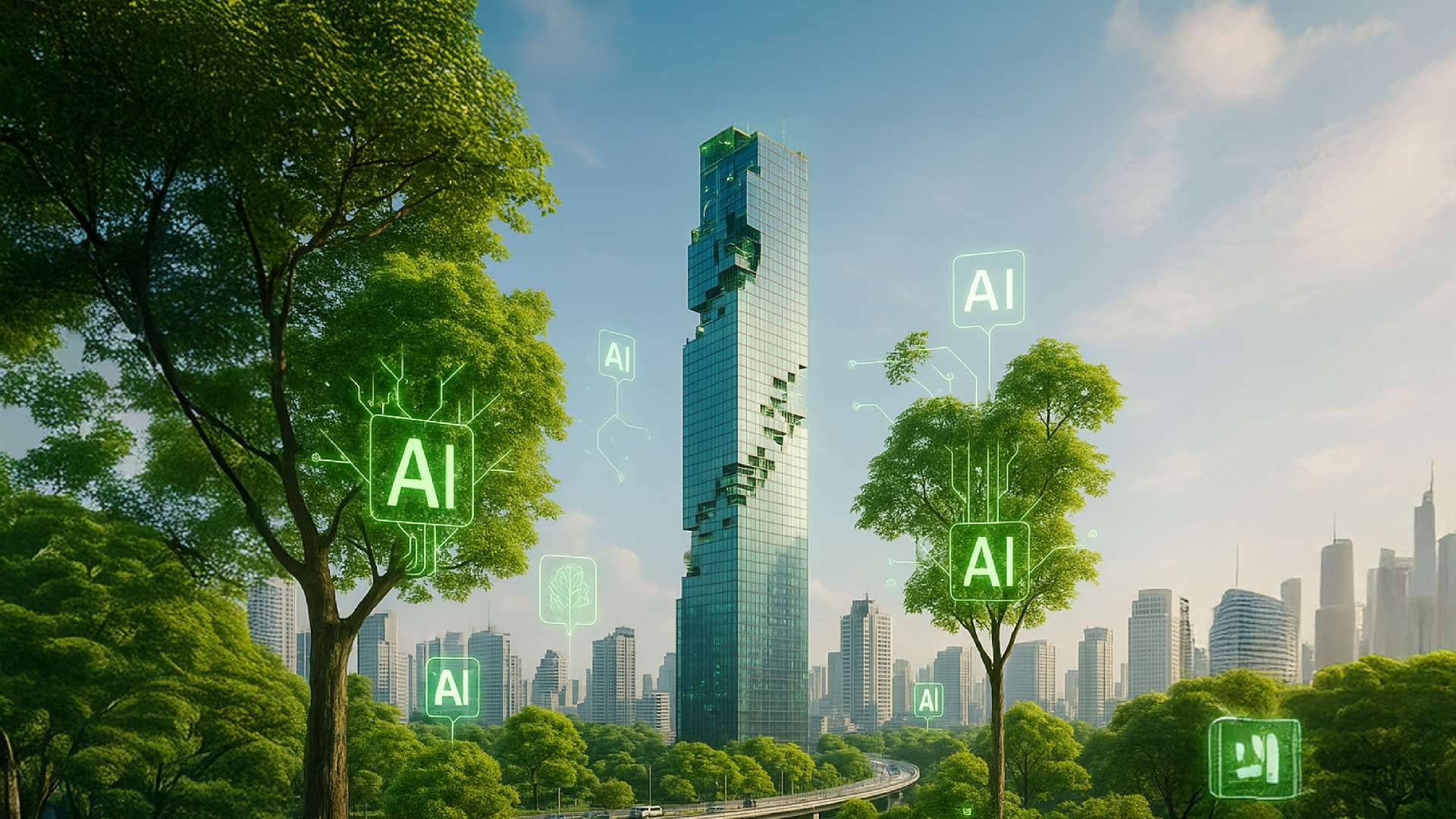
Future Generations in Coping Climate Crisis
ARTICLES | May 27, 2023
Sociology research sees children as a new climate precariat. People under 18 may suffer from insecurity because of the climate crisis. Climate disasters, directly and indirectly, threaten their quality of life and development in physical, emotional, social, and intellectual aspects.
Youths growing up today are conditioned to think about the impact of their actions on their well-being and future environment. They are also a group of people who must adapt to the dynamics of the socio-economic system and the changes in biophysical systems with climate change. According to the survey, 76% of young people see the environment as one of the most concerning social issues. A meta-analysis found that 62.5% of people under 25 globally are experiencing climate anxiety. 57% of young people worldwide who are aware of such problems are feeling hopelessness, loss of self-esteem, and depression from failed attempts to drive environmental issues.
The need for youth to help human society survive an increasingly high-pressure world is a vital topic. There are fears [1] that youth feel depressed and hopeless in coping with environmental issues, [2] that they choose to live without environmental consideration, or [3] that some may take undesirable actions to deal with their pressures, such as escaping into virtual platforms or committing crimes due to abnormal mental states.
Environmental movements aren’t only a possible response to the climate crisis but the only way for youths to change the world themselves. This generation will have to survive for at least 50 years (based on the average human life expectancy of 70.6 years).
As citizens and consumers, youths worldwide act on environmental issues by advocating and boycotting companies. This includes brand auditing to see whether products, services, or corporate communications positively contribute to society and the environment and solve climate crises. A survey reported that 59% of the generation Z population worldwide are willing to change their lifestyle to be more environmentally friendly. 76% under 18 want to call on leaders to take action on environmental issues.
Youth activists also have a significant role in being transformative leaders, such as in the Fridays for Future, Extinction Rebellion (XR), and Do-It-Ourselves (DIO) campaigns. Political participation among youths today and in the future is not only about parliaments but also ad hoc and fluid activities, flash mobs, and online campaigns. Building cooperation among youths with regional and global multilateral organizations will become more apparent. Young people’s increased climate literacy and social connections worldwide (hyperconnected world) stimulates the development of social identity, morals, and a sense of fairness.
In the end, the critical question is how the passion economy can play a role for the environment. One of the most exciting possibilities for young people who care about environmental issues is to enter the work market and earn money from what they are passionate about, aligning with the world's needs.
The United States Bureau of Labor Statistics estimates that environment-related jobs will grow by 8% by 2030, a significant increase on the previous year. The 2020 survey also found that environmental scientists earn $73,230 and environmental lawyers $122,960 yearly. These are very high salaries compared with the average US income that year of $41,535. But new job opportunities will likely appear, such as environmental proactive artists and activists, science–policy interface/mitigation scientists, climate finance practitioners, justice officials focusing on natural resources and the environment.
Implications for the future:
- Poor mental health conditions due to climate issues are becoming more severe, especially among young people. Climate education and opportunities to make an environmental contribution and bring hope to young people together in families, schools, and communities are required to sustain their mental well-being.
- The sustainable economy will go mainstream, making climate literacy a fundamental skill of the future workforce.
- Decentralizing government with blockchain technology will allow citizens to vote on their motions or transfer their voting rights to those they trust. This will provide a significant opportunity to raise the environmental and climate agenda.
Want to know more about us, click https://web.facebook.com/FutureTalesLABbyMQDC and https://www.blockdit.com/futuretaleslab











